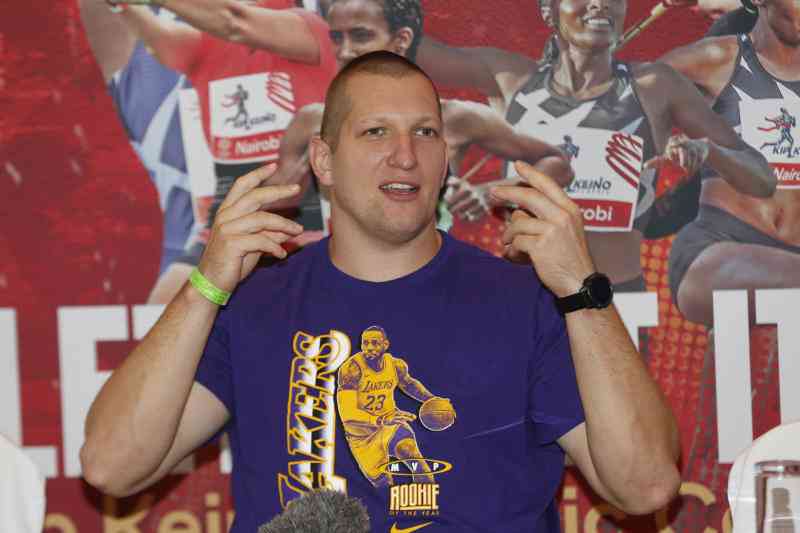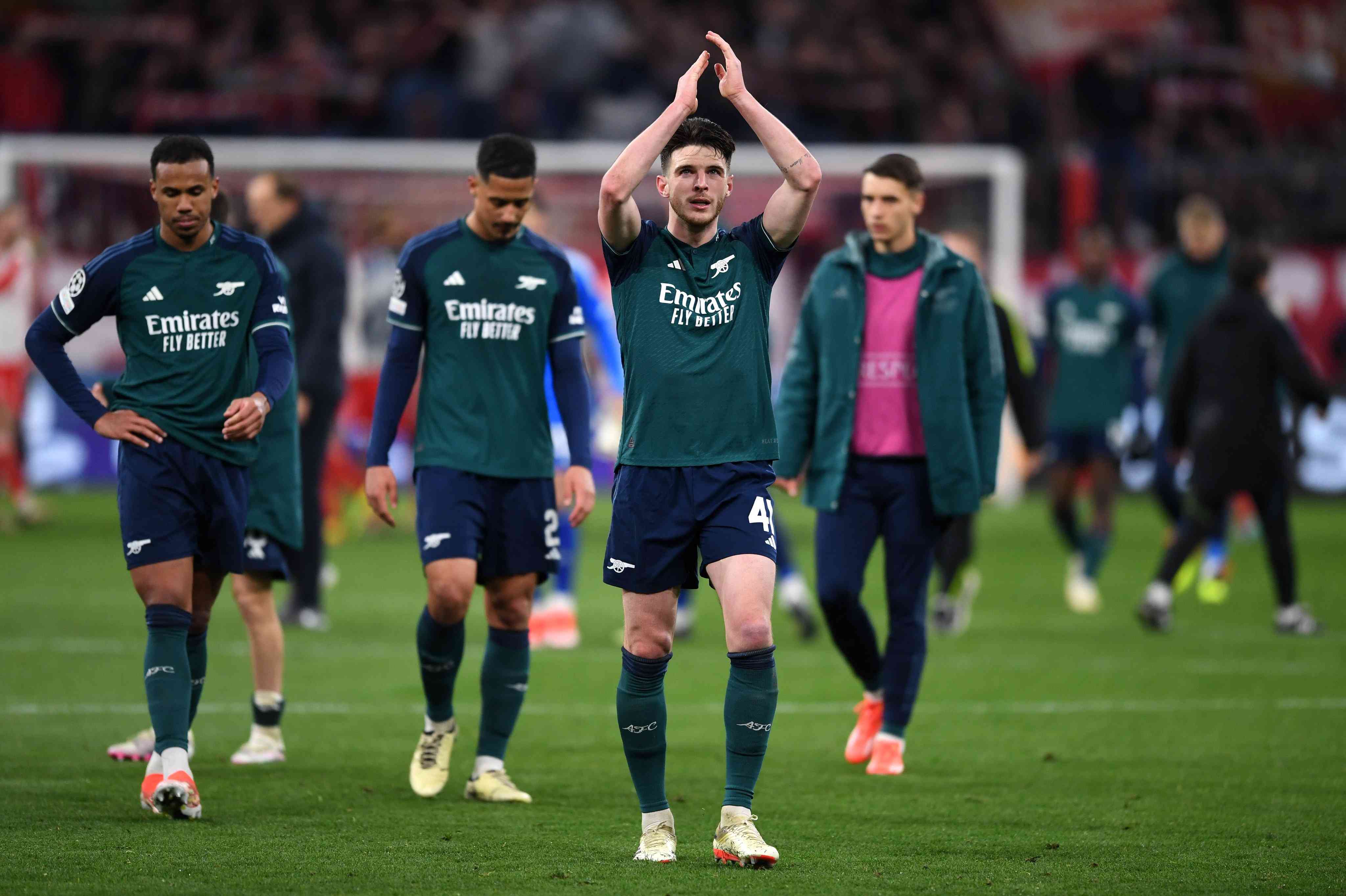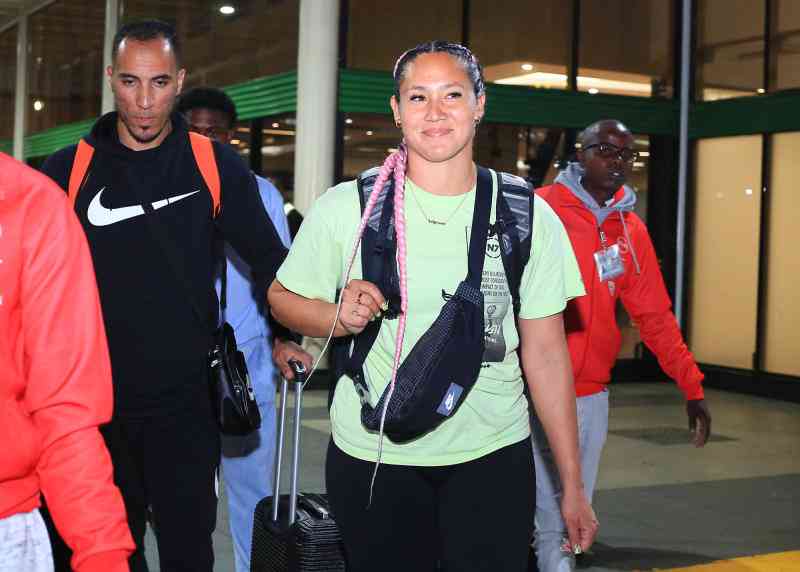By John Nandwa
There are two popular career moves for retired football players these days.
While a few have opted to stay involved in the game by studying for coaching badges or serving in various administrative roles, a large number have chosen to join the lucrative market of television punditry.
Indeed, it is always illuminating to hear expert analysis as provided by ex-football players on our television screens during major football tournaments. Punditry has provided solace to footballers who have hanged their boots.
However, despite the lucrative nature of being a TT pundit, there is a sense among football fans and executives alike that the game benefits more when ex- players stay involved with it rather than when they migrate to pursue careers out of it.
Indeed, it is generally accepted that former footballers would give better service to their clubs or the national teams when they sit in boards and engineer changes from within.
It is hard to dispute the fact that only former players could summon the moral fortitude to confront a manager in the dressing room and stop the club from going on a bad run of results on the pitch.
An ex-professional is best placed to offer an insight into the vision of a club and put in place structures to run a football club properly.
In Kenya, there are few people in football management who can say: ‘’from a football perspective, I would like to say this…’’ because not many are football people. However, this could be about to change.
The move by former AFC Leopards players to form AFC Leopards Legends particularly catches the eye.
It shows the desire of most professionals to stay involved. If only to put a halt on football’s brain drain.
Top European teams including German club, Bayern Munich, have adopted a model that ensures that former players are retained in administrative roles.
Here, we can take lessons from German football which has developed a tradition where former great players take up senior roles in coaching or administration.
Indeed, the presence of Mathias Sammer, Bayern Munich’s sporting Director, and Uli Hoeness as club President is a case in point.
The same applies to the presence of Rudi Voller, the sporting Director of Bayer Leverkusen, of Klaus Alliofs at Wolfsburg being a testament to this tradition in German football.
At their peak, all were outstanding players for the German national team.
Can Kenyan football adopt the same? Some of the game’s leading lights who have hanged up their playing boots have seemingly disappeared from the scene.
It was refreshing to get the perspective of former Harambee Stars’ international player Sammy Sholei when he served as FKF vice chairman.
But few of his colleagues have followed the same path. A number have moved into business, or sought employment in the private sector, but the best had the opportunity and desire to pass their knowledge on to the next generation. Some were better at it than others, obviously. Some had better information to impart.
But local television stations and international satellite companies like Supersport have been the greatest beneficiaries.
So Kenyan football should be worried: because if former players like Mike Okoth don’t choose management, who will? It seems Football’s loss is the gain of other professions.
— The writer is a football fan and commentator on social issues
 The Standard Group Plc is a multi-media organization with investments in media
platforms spanning newspaper print operations, television, radio broadcasting,
digital and online services. The Standard Group is recognized as a leading
multi-media house in Kenya with a key influence in matters of national and
international interest.
The Standard Group Plc is a multi-media organization with investments in media
platforms spanning newspaper print operations, television, radio broadcasting,
digital and online services. The Standard Group is recognized as a leading
multi-media house in Kenya with a key influence in matters of national and
international interest.
 The Standard Group Plc is a multi-media organization with investments in media
platforms spanning newspaper print operations, television, radio broadcasting,
digital and online services. The Standard Group is recognized as a leading
multi-media house in Kenya with a key influence in matters of national and
international interest.
The Standard Group Plc is a multi-media organization with investments in media
platforms spanning newspaper print operations, television, radio broadcasting,
digital and online services. The Standard Group is recognized as a leading
multi-media house in Kenya with a key influence in matters of national and
international interest.






